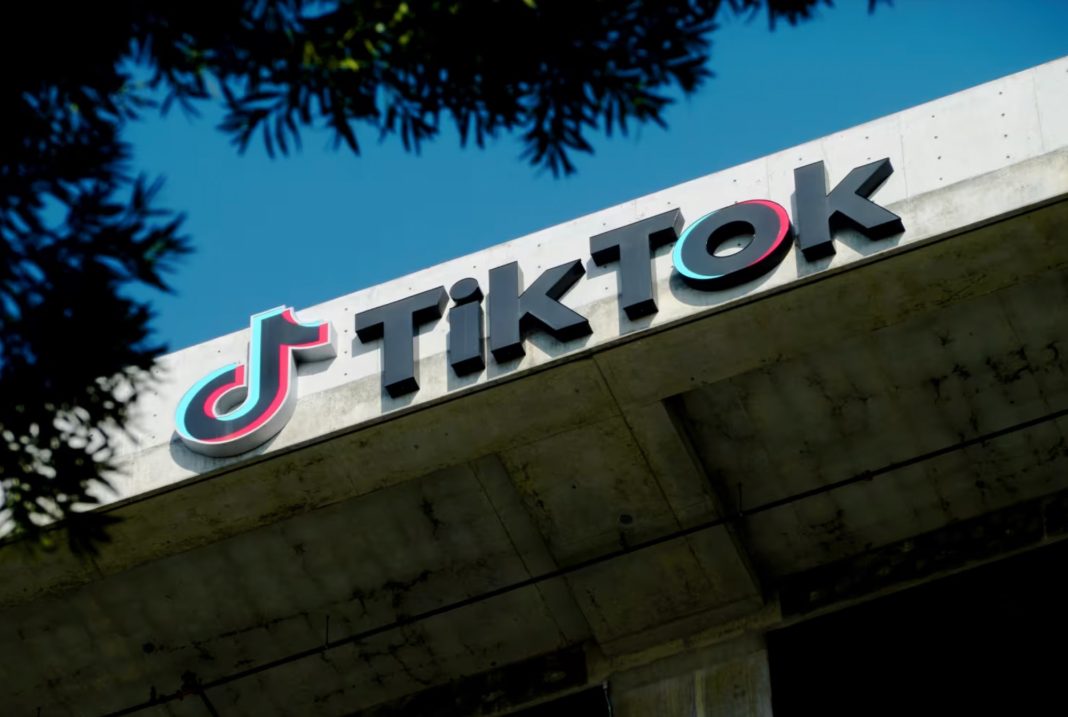WASHINGTON, DC, USA — A panel of three federal Appeals Court judges unanimously upheld legislation on Friday, December 6, 2024, that could ban TikTok in the United States unless the platform divests to an American owner by 19 January 2025.
The law, passed in April and signed by President Joe Biden, marks a significant escalation in the government’s scrutiny of the Chinese-owned platform.
The decision now sets the stage for TikTok to seek relief from the Supreme Court, with the company confirming its intention to appeal.
Court: Ban Would Have ‘Significant Implications’
In their majority opinion, the judges acknowledged the potential ramifications of the ruling.
“We recognise that this decision has significant implications for TikTok and its users,” the opinion stated.
“If the platform does not divest, it will effectively be unavailable in the United States, at least for a time. Consequently, TikTok’s millions of users will need to find alternative media of communication.”
The court’s decision leaves the door open for President-elect Donald Trump to extend the divestiture deadline by 90 days after he takes office on 20 January, contingent on progress toward compliance.
During his campaign, Trump pledged to “save TikTok,” though opinions within his transition team are divided over whether the platform should face a ban.
TikTok Defends Itself
TikTok’s lawyers argued that the law violates the company’s First Amendment rights and unfairly singles it out.
They maintained that China does not influence TikTok’s algorithms and emphasised the platform’s role as a major driver of economic and social activity in the United States.
“TikTok has become a powerful tool for Americans to make money, promote small businesses, and have their voices heard,” TikTok’s legal team contended.
The platform is reportedly used by approximately half of the U.S. population, including numerous politicians.
TikTok creators have echoed these concerns, arguing that the platform is being disproportionately targeted compared to U.S.-based tech companies, which also collect and sell user data globally, including to China.
Legislative and Political Backdrop
The law stems from bipartisan concerns over national security risks tied to TikTok’s ownership by the Chinese company ByteDance.
Lawmakers and intelligence officials have raised fears that the app could be used to access U.S. user data or disseminate disinformation.
In the months leading up to the legislation’s passage, TikTok was subjected to growing scrutiny, including hearings on Capitol Hill.
The company has repeatedly denied allegations that it shares data with the Chinese government.
The Road Ahead
Friday’s ruling leaves TikTok with limited options, and the Supreme Court is likely to become the next battleground in the legal dispute.
In the meantime, the platform’s future remains uncertain, as businesses, content creators, and users brace for potential disruption.
TikTok’s Culver City offices declined to comment further on the ruling, beyond confirming their plans to seek an injunction.
As the divestiture deadline approaches, the decision sets up a high-stakes confrontation that could reshape the digital landscape in the United States while testing the limits of government regulation on global technology platforms.







